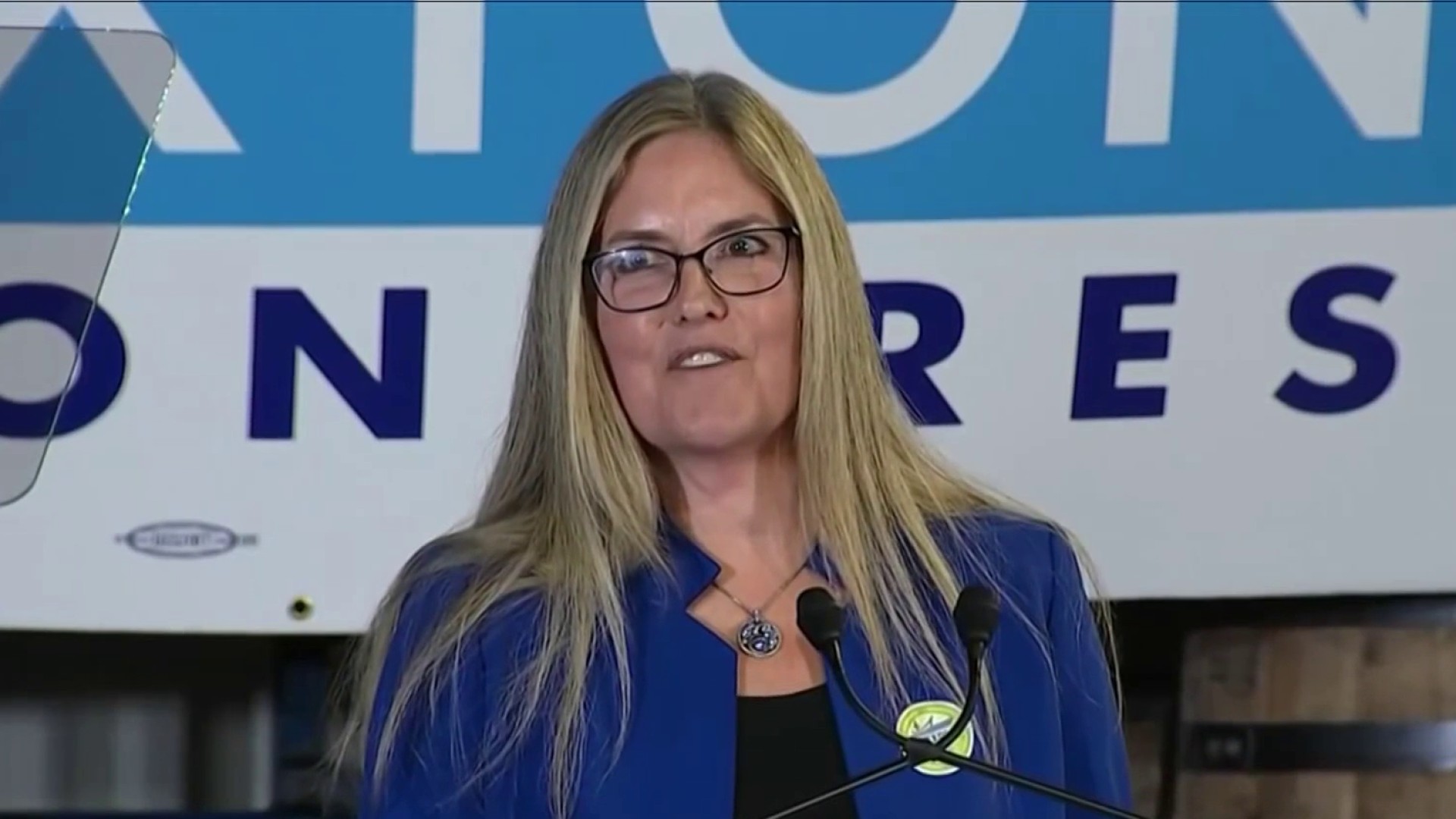U.S. Rep. Jennifer Wexton of Virginia stepped into the House to speak about one of her latest pieces of legislation Monday, but this time was different. Wexton used a text-to-voice application to deliver her speech.
This comes about a year after she was diagnosed with a degenerative brain condition.
"Mr. Speaker, last year I was diagnosed with progressive supranuclear palsy, or PSP. PSP makes it very difficult for me to speak and I use an assistive app so that you and our colleagues can understand me," Wexton began while using the app.
With use of the voice app, Wexton spoke about legislation she introduced to rename a post office in Purcellville after former Secretary of State Madeleine Albright.
We're making it easier for you to find stories that matter with our new newsletter — The 4Front. Sign up here and get news that is important for you to your inbox.
Wexton was first elected to the House back in 2018 and announced last September that she would not run for reelection. She had initially been diagnosed with Parkinson’s disease before receiving a modified diagnosis of PSP.
"I’ve always believed that honesty is the most important value in public service, so I want to be honest with you now – this new diagnosis is a tough one," Wexton said in September. "There is no ‘getting better’ with PSP. I’ll continue treatment options to manage my symptoms, but they don’t work as well with my condition as they do for Parkinson’s."
Sign up for our Breaking newsletter to get the most urgent news stories in your inbox.
Wexton is not the first lawmaker to employ assistive technology in Congress. Sen. John Fetterman of Pennsylvania relies on real-time talk-to text-technology that helps him process what he's hearing, following his near-fatal stroke in 2022.




